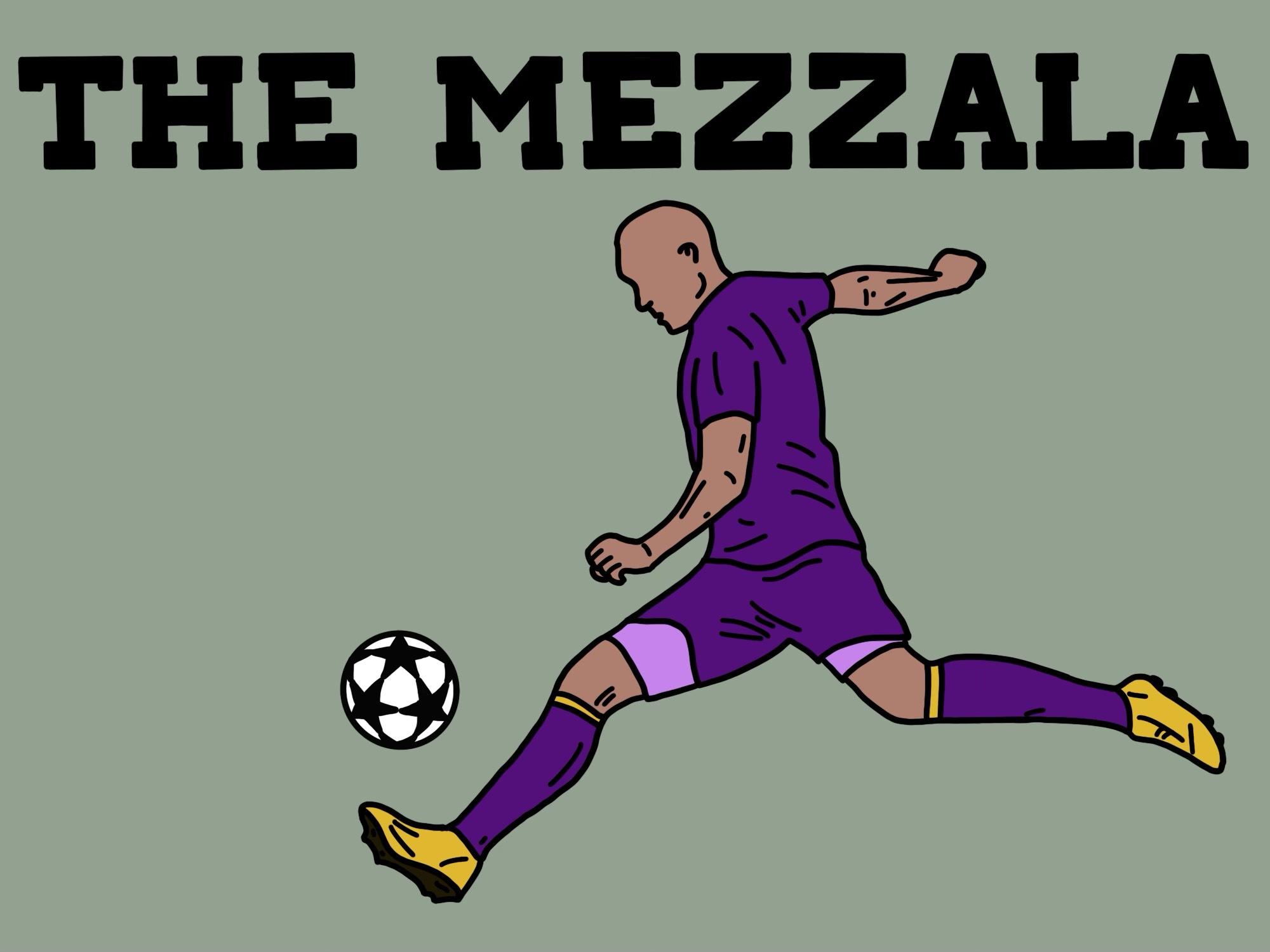
Rebound
Last season, Liverpool was seen as one of the best teams in Europe — they were Champion League finalists, the Carabao Cup winner, FA cup winners and second in the Premier League. However, their reputation this season has been far from the menacing one that they built last season.
Before last Sunday, they sat in 10th in the Premier League and were humiliated with a 4-1 loss to Napoli in their Champions League group. In this condition, the Reds were set to face the favorites to win pretty much every major trophy: Manchester City. Naturally, the soccer world, including myself, was expecting City to win, despite playing at Anfield.
The match started as expected — City dominated possession and created most of the chances. It was noticeable, however, that there were some gaps in the City defense. Liverpool’s wingers had several runs that, if they had received the ball, could have resulted in a goal. As the match continued, it was clear that, although City was dominant, they were not as dominant as usual.
The game turned into an entertaining back-and-forth battle, with both teams constantly defending a counterattack and then starting one themselves. Defenders threw themselves in front of shots, midfielders ran without rest and attackers never took their eyes off the opposing side’s net. With the crowd getting more and more amped, the intensity on the pitch was only amplified.
The breakthrough came in the 76th minute when City had a freekick. Kevin De Bruyne tried to find his favorite target, Erling Haaland, however, the ball went too far, and Liverpool goalkeeper Alisson took advantage of this. Catching the ball, he immediately launched a homing missile of a pass up the field. Joao Cancelo was caught out with almost no space between him and Mo Salah. Cancelo was easily turned and could only watch as Salah went one-on-one with his keeper. As Salah dispatched a tidy finish into the bottom right of the net, the stadium erupted. The deafening noise created a celebratory atmosphere that Anfield has been missing all season.
El Clàsico
On the same day as the Liverpool match, Barcelona took on Real Madrid in Spain for arguably the most famous matchup in all of football. The bad blood between these two clubs has been present for several decades, and both the atmosphere and hostility of the matchup are legitimate.
Previous editions of El Clàsico have been some of the best football matches ever. However, since Ronaldo left Madrid for Juventus in 2018, the intensity of this matchup has died down. Despite this, it is still one of the most anticipated matches on any football fan’s calendar.
This time around, the match was far from competitive with Madrid easily winning 3-1. Since the departure of Messi, I have been a Barcelona skeptic due to his importance in the attack. Although Barcelona fans are always optimistic about their future with the likes of Pedri, Ansu Fati, Gavi and Jules Koundé, Madrid is better now and will continue to be in the future.
Madrid dominated on all sides of the ball. Starting with their midfield, the veteran pair of Toni Kroos and Luka Modric were on point, working hard and pushing the ball forward. These two have lived and breathed football for over a decade at the highest level. Even at their age, they are still some of the best midfielders in the world.
In attack, alongside the 2022 Ballon d’Or winner Karim Benzema, is Federico Valverde and Vinícius Júnior. Vinícius and Valverde, along with Erling Haaland, are the most exciting and young players of the new generation. Vinícius, a Brazilian winger, is fast, skillful, and creative. He knows how to pass defenders and create space for others, all while dazzling the crowd with his flair.
Valverde is an all-around engine. This freak of nature does not stop running and when he retires, should train to become a marathoner. He is a right-winger, but never hesitates to power back on defense during a Barcelona counterattack. On offense, he is always making intelligent runs and passes. It doesn’t hurt that he’s got a leg on him, which was displayed as he beat Barcelona’s Marc-André ter Stegen from outside the 18-yard box.
Finally, Karim Benzema was largely overlooked for most of his career in his supporting role to Ronaldo. As a top scorer for Madrid, Benzema has evolved into a player that is recognized as one of the best strikers of all time. Benzema is a true No. 9 — a center forward that can flourish in a 4-3-3.
Benzema plays further back than most strikers due to his ability to make crucial passes, but he is also one of the best finishers in the world. He is the reason why Madrid’s transition was so much smoother than Barcelona’s. While both teams lost a crucial piece to their tactical puzzle, Benzema was able to mold into that absent spot. Barcelona, however, amid financial controversy, has been nothing but inconsistent over the last few years.









































































































